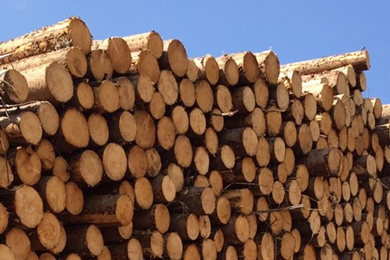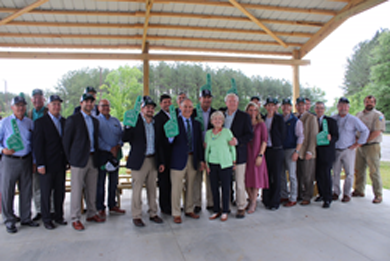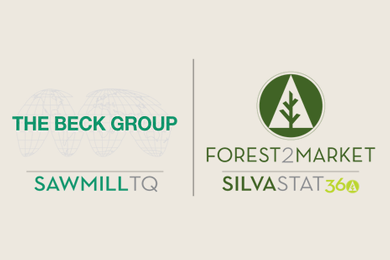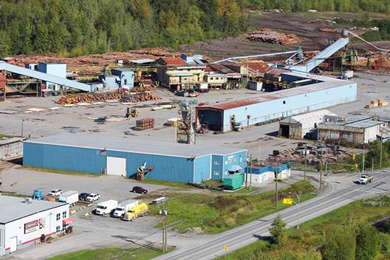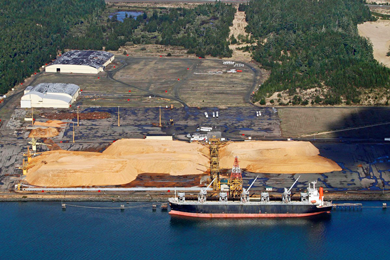Timber Queensland is calling for the development of a new timber industry plan in partnership with the Queensland Government to help guide and deliver on the opportunities for industry expansion over the next decade. This is a particular focus of discussions at the timber industry’s 2nd biennial ‘Doing Timber Business in Queensland: Room to Grow’ conference that ran in Brisbane last week.
Timber Queensland Chief Executive Mick Stephens said “The recognition of the importance of the industry to the state and its growth potential in the opening address by the new Minister for Agricultural Industry Development and Fisheries, Mark Furner, has been well received.”
“Indeed, a major focus of the conference is on the opportunities for industry growth, given the demand for timber as a renewable and carbon friendly material and innovative use in the emerging markets of mid-rise and high-rise construction.”
“What we have in Queensland is essentially a supply chain challenge, in terms of tapping into opportunities for resource expansion through higher volumes and wood quality in our major resource regions, as well as through technical innovation and increased product recovery.”
“The opportunities for growth are quite significant and reflect the extent and diversity of the state’s timber industry, which can draw upon existing and future potential resources from softwood plantations, crown forest resources, indigenous forestry development, farm forestry and private native forest management,” Mr Stephens said.
In 2012, the State Government and timber industry jointly developed a Forest and Timber Industry Plan. “This Plan has essentially run its course with many of the initiatives around market awareness and resource inventory completed. In 2018, its time for a renewed focus on resource development and manufacturing competitiveness, including through better resource security, energy savings, infrastructure, value adding initiatives and training capability,” Mr Stephens said.
“This is fully consistent with the Palaszczuk Governments election commitment to secure future supplies and create additional value from the timber industry. We look forward to working with Minister Furner and his Parliamentary colleagues in implementing this policy agenda and generating new investment.”
“Particular actions that can help drive these changes include our proposal for a decade long $10 million Farm Forestry development initiative and call for a new forestry harvesting and haulage training centre in Maryborough, amongst other measures.”
Photo: Timber Queensland Chief Executive Mick Stephens



